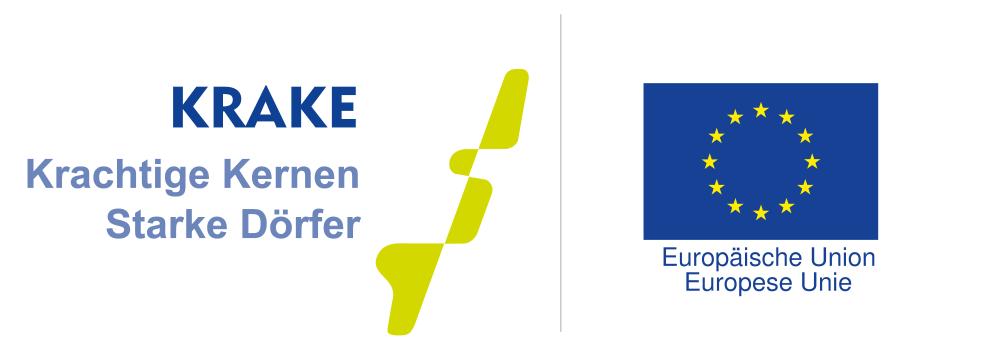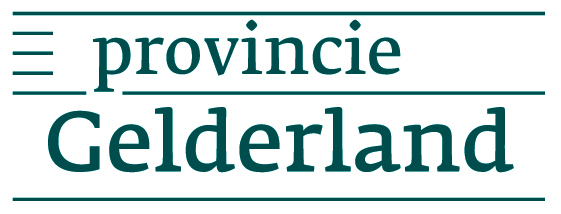Project KRAKE: Securing the future of rural areas
German-Dutch research on demographic changes in the Lower Rhine
The population is getting older, young people are moving away, stores are closing – what can we do to stop this trend in rural areas where it’s hurting the most? Developing an answer to this question is at the heart of the German-Dutch joint research project KRAKE, which also involves researchers from Rhine-Waal University of Applied Sciences.
Kleve/Kamp-Lintfort, 23 March 2016: Rural villages and communities are often the first places to feel the effects of demographic change: the population there grows old, businesses close up shop, leisure and cultural activities move elsewhere – in short, rural communities lose their lustre and residents see a noticeable and steady drop in their quality of life. This causes many young people to look toward cities and larger metropolitan areas for their future, which leaves rural areas without much-needed future leaders and manpower. What can be done to stop this trend? What can residents themselves do to make a difference? The German-Dutch joint project KRAKE is dedicated to answering these questions through a new approach.
A collaborative team of researchers from Rhine-Waal University of Applied Sciences, HAN University of Applied Sciences in Arnhem and Nijmegen, Münster University of Applied Sciences, various functionaries and communities, the Chamber of Trade Münster and the District Trade Union of Borken will join forces in KRAKE over the next three years to explore new strategies and approaches to reversing this trend in affected communities around the region. Rhine-Waal University of Applied Sciences is particularly keen to continue building upon the research it conducted in its award-winning project Smart Villages. The total project volume for KRAKE exceeds 3.7 million euros.
Around 40 German and Dutch villages are on board with the project. Together with the residents of these affected communities, project teams will develop new and sustainable concepts for rural areas. By deliberately incorporating residents, local initiatives and interest clubs into the project, the experts not only have the luxury of direct feedback from their target group, they are also encouraging the development of new self-management skills and, hopefully, a new sense of self-determination.
KRAKE is divided thematically into six fields, referred to as ‘Communities’. Rhine-Waal University of Applied Sciences and HAN will be active in four of these Communities. The first, Care Community, focuses on developing support and care concepts that can be run and organised by residents. The second, Living Community, examines how empty building space can be revamped and repurposed. The third, Family Community, is dedicated to developing concepts for new family and kid friendly activities and services. Finally, the DNA Community will quantify the things which define tight-knit, rural communities and how activities can be specifically tailored to residents’ individual needs.
“Through our work over the past three years we know that communities on both sides of the German-Dutch border are suffering from the same problems,” points out Professor Dr Klaus Hegemann, project lead for the Care and DNA Communities, “but what’s truly interesting about this project is that German and Dutch communities tackle the problems in often very different ways – in part due to the different frameworks they’re working with. This presents an excellent opportunity to not only learn from each other, but also to develop completely new strategies and approaches for the future.”
The subproject Family Community is dedicated to strengthening the social character of rural areas and making them more attractive, family-friendly places to live. This goal relies on the active participation of children and young adults, as well as the targeted expansion of critical family-friendly infrastructure. As a result, residents themselves will act as experts of their own communities, helping to guide researchers as they develop goal-oriented, individual solutions.
Two Community subprojects are also active in the adjoining Münsterland area of Germany. Nutrition experts from Germany and the Netherlands will be exploring ways to encourage and excite people for healthy living habits in the subproject Healthy Lifestyle Community. In Service Community, Münster University of Applied Sciences, the Chamber of Trade Münster, the District Trade Union of Borken and HAN will form new partnerships with local businesses and volunteers in order to develop a sustainable concept for health and care services in the future.



